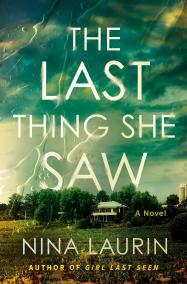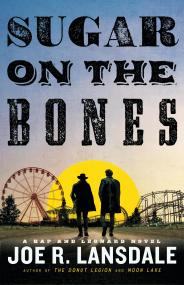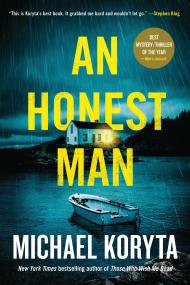The Deserter
A Novel
Formats and Prices
Format
Format:
ebookThis item is a preorder. Your payment method will be charged immediately, and the product is expected to ship on or around October 22, 2019. This date is subject to change due to shipping delays beyond our control.
Also available from:
An “outstanding” (Publishers Weekly, starred review) blistering thriller featuring a brilliant and unorthodox Army investigator, his enigmatic female partner, and their hunt for the Army’s most notorious–and dangerous–deserter from #1 New York Times bestselling author Nelson DeMille and Alex DeMille.
When Captain Kyle Mercer of the Army’s elite Delta Force disappeared from his post in Afghanistan, a video released by his Taliban captors made international headlines. But circumstances were murky: Did Mercer desert before he was captured? Then a second video sent to Mercer’s Army commanders leaves no doubt: the trained assassin and keeper of classified Army intelligence has willfully disappeared.
When Mercer is spotted a year later in Caracas, Venezuela, by an old Army buddy, top military brass task Scott Brodie and Maggie Taylor of the Criminal Investigation Division to fly to Venezuela and bring Mercer back to America–preferably alive. Brodie knows this is a difficult mission, made more difficult by his new partner’s inexperience, by their undeniable chemistry, and by Brodie’s suspicion that Maggie Taylor is reporting to the CIA.
With ripped-from-the-headlines appeal, an exotic and dangerous locale, and the hairpin twists and inimitable humor that are signature DeMille, The Deserter is the first in a timely and thrilling new series from an unbeatable team of True Masters: the #1 New York Times bestseller Nelson DeMille and his son, award-winning screenwriter Alex DeMille.
- On Sale
- Oct 22, 2019
- Page Count
- 544 pages
- Publisher
- Simon & Schuster
- ISBN-13
- 9781501101779
By clicking 'Sign Up,' I acknowledge that I have read and agree to Hachette Book Group’s Privacy Policy and Terms of Use




